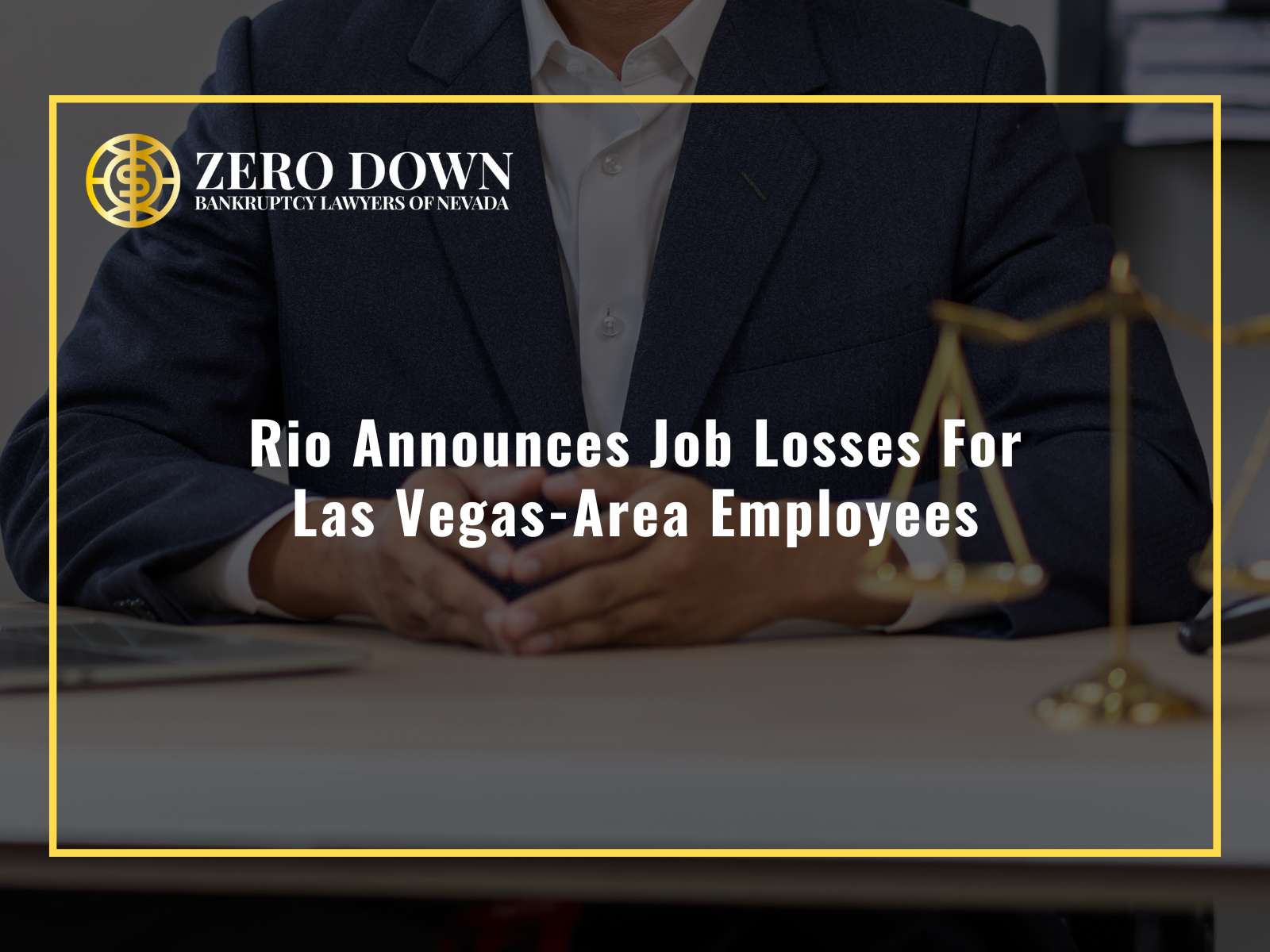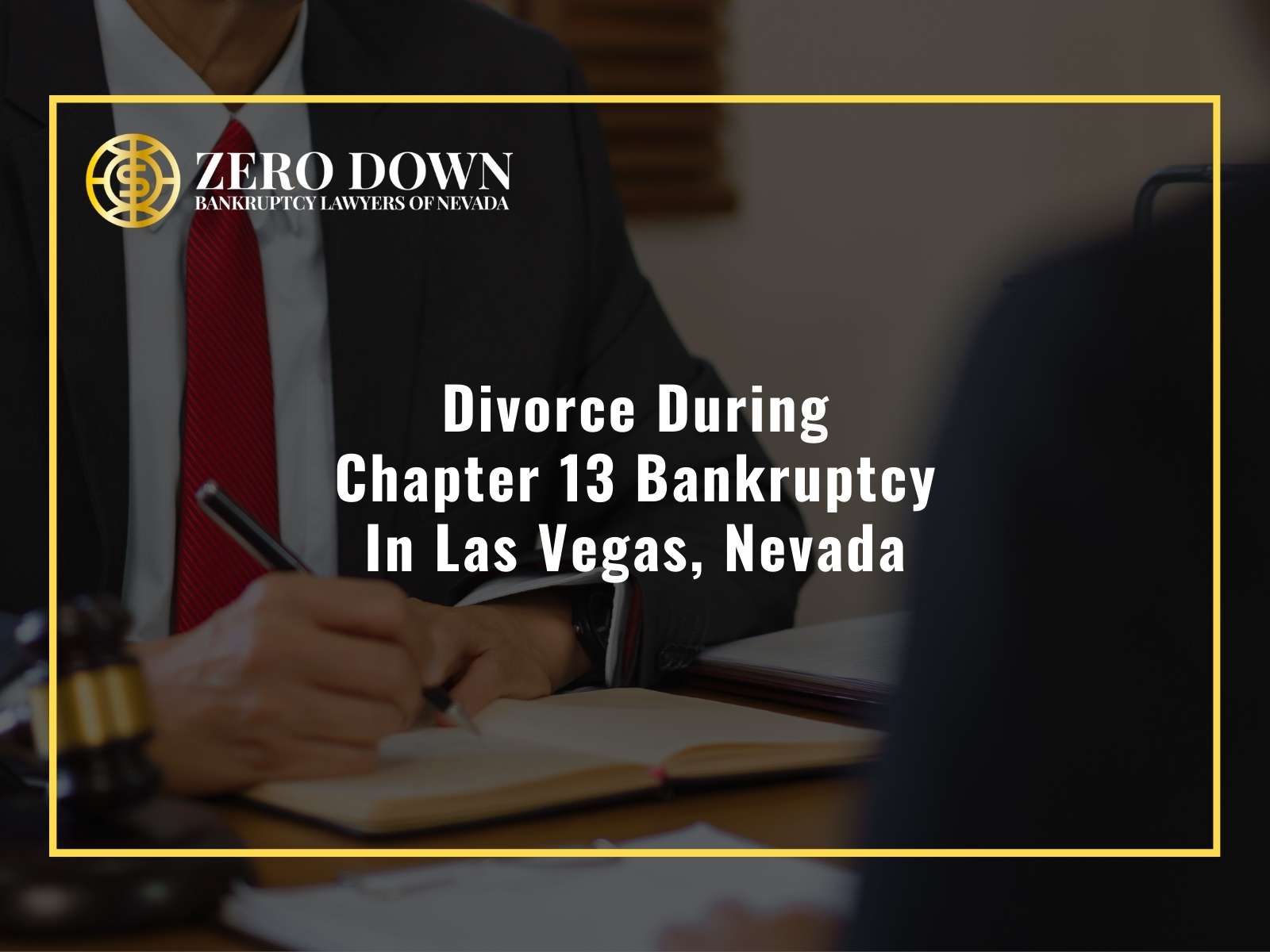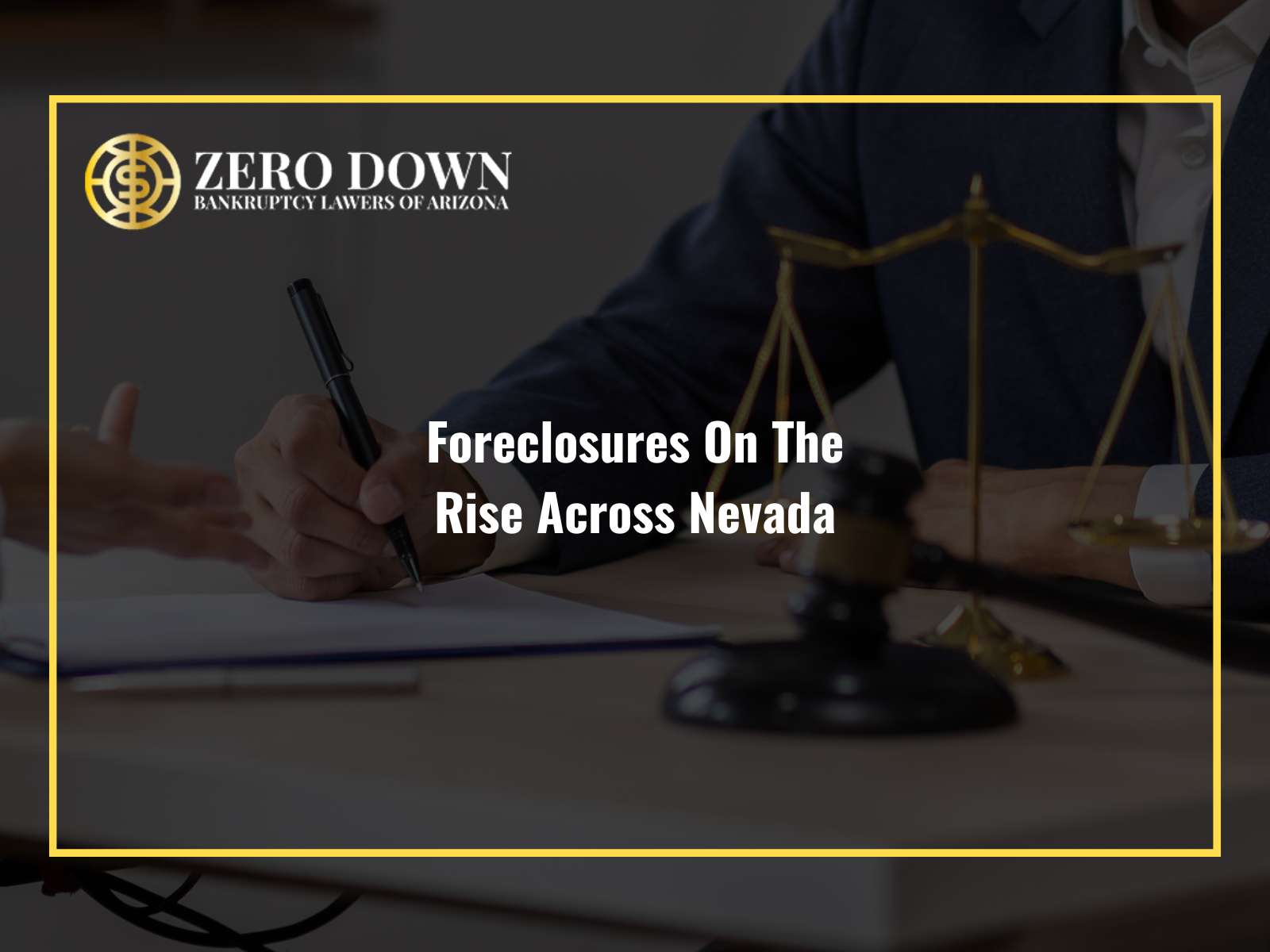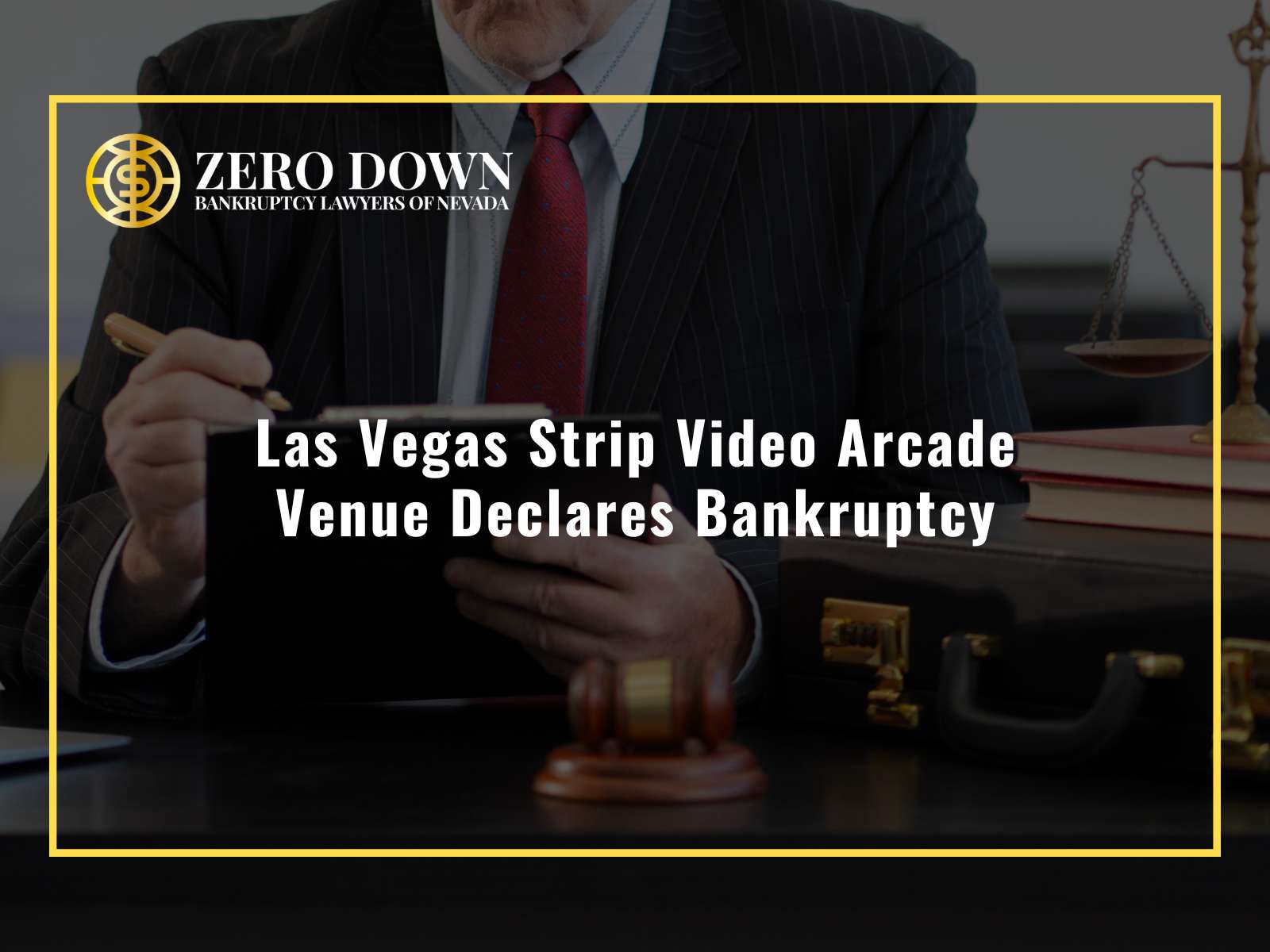How Does Bankruptcy Affect Social Security Income In Nevada?
For many people, Social Security Income, or SSI, is a major part of their financial retirement plan. But SSI isn’t enough to provide for more than a modest lifestyle, especially if a recipient doesn’t have a pension and other assets If someone hasn’t sorted out their debts before retirement, SSI probably won’t be sufficient to pay off debts and maintain reasonable living conditions. This can result in creditors calling and harassing a retiree for repayment when they should be focusing on relaxing and enjoying their later years in life. Thankfully, there are protections in place for SSI recipients that limit what a creditor can do about a retiree’s debts. Bankruptcy provides extensive protections for people struggling with debt, but it may not necessarily be worth it for someone who mostly lives off of SSI. Read on to learn about what an SSI recipient living in Nevada should consider before declaring bankruptcy. For your free consultation with one of our experienced Nevada bankruptcy lawyers, call 702-842-0700.
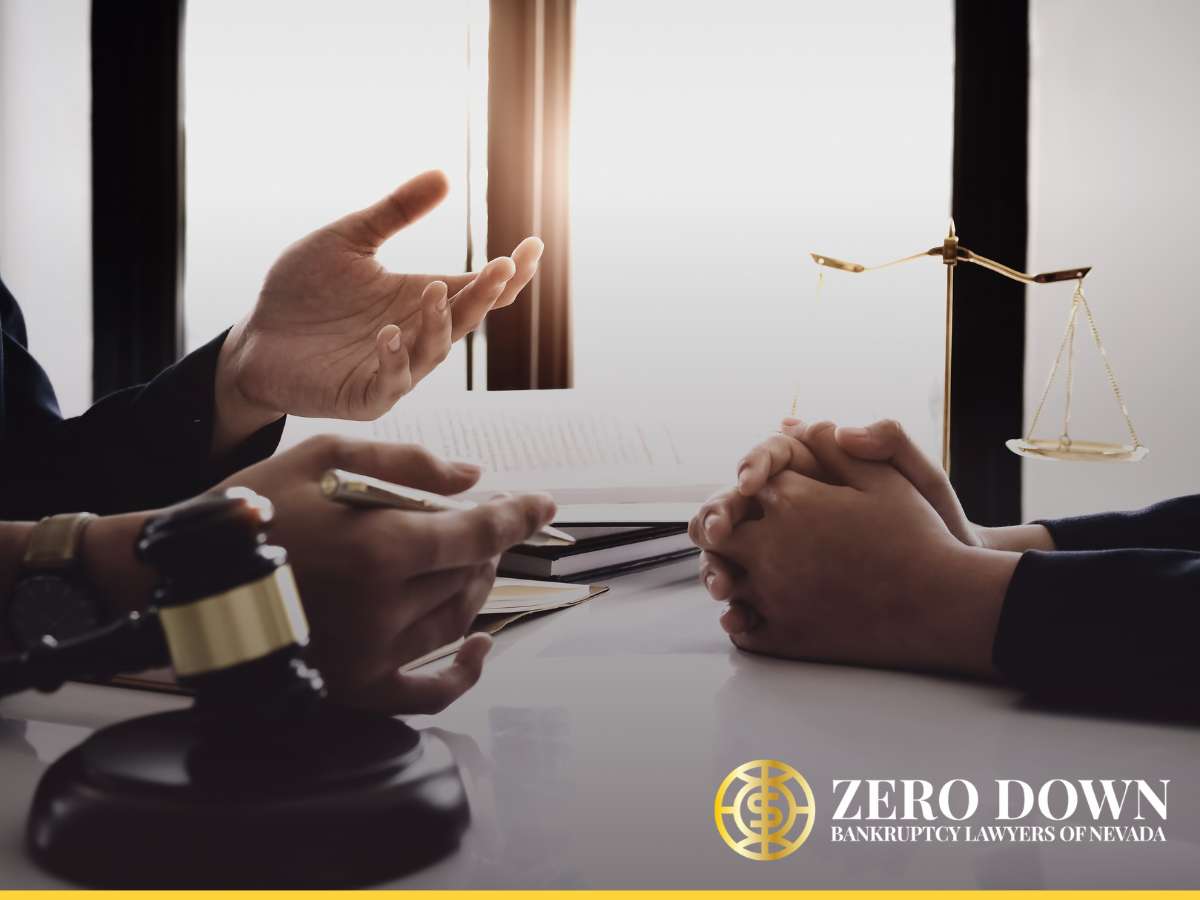
Limitations On Creditors For SSI Recipients
For most of our lives, Social Security is a tax that comes out of our paychecks. Then upon retirement, it is meant to provide modest financial support. For many SSI recipients, losing this income would mean turning to the government for financial support. Therefore, it usually isn’t in the government’s best interests to disqualify someone from receiving their SSI.
One of the most common reasons we have clients come in considering bankruptcy is because their wages are or are about to be garnished. This happens when a debt is left unpaid for too long and the creditor files a lawsuit against the debtor. Many people don’t even respond to the lawsuit, resulting in a default judgment against them. Once the creditor has obtained a judgment against a debtor, they can ask the court for a writ of garnishment. After this has been approved by the court, the creditor will begin automatically receiving a certain percentage from each of the debtor’s paychecks. The amount the creditor can garnish depends on the type of debt. The creditor can also add interest and legal fees to the balance that the debtor owes, increasing how long the wage garnishment lasts. Filing bankruptcy triggers the automatic stay, which stops almost all wage garnishments. The good news is that SSI may not be garnished by a creditor looking to collect upon a judgment. That can be a huge determinant in whether or not an SSI recipient struggling with debt should use bankruptcy or some other avenue.
Some creditors choose to go straight for a debtor’s bank account rather than their wages. This is known as a bank account levy. Banks often use bank account levies to collect debts because they already have access to the account and it is usually included within the terms of the client agreement. The IRS also uses bank account levies to collect old back tax debts. So how do someone’s SSI benefits affect a bank account garnishment? If a bank account only holds SSI funds, it is exempt from a bank account levy just like the SSI is exempt from wage garnishment. Pensions and other retirement funds will usually be safe as well. But other streams of income could make the account susceptible to levies. For example, if one of your family members transfers you money each month, this could increase your risk of a bank account levy.
Frequently Asked Questions
Will filing for bankruptcy stop my SSI payments?
Filing bankruptcy does NOT stop your SSI payments. You can continue to collect your SSI payments during and after your bankruptcy. Taking away a debtor’s SSI for filing bankruptcy would only force the debtor to rely on the government for financial support.
Will file for bankruptcy impact my ability to receive SSI in the future?
Filing bankruptcy does NOT disqualify you from receiving SSI in the future. You can declare bankruptcy without worrying about your ability to collect in your retirement.
Do I need to let the Social Security Administration know about my bankruptcy filing?
No. You are not required to notify the Social Security Administration if and when you file for bankruptcy. However, any creditors may have been notified of your bankruptcy filing through your petition’s creditor mailing matrix.
How can I protect my SSI in bankruptcy?
SSI is exempt in bankruptcy, meaning the trustee can’t take it to pay off your bankruptcy estate’s debts.
Can I protect my pension in bankruptcy?
Most pensions, 401(k)’s, and other retirement savings accounts are safe in bankruptcy just like SSI.
Will the rest of my assets be affected by a Nevada bankruptcy?
Assets are protected in bankruptcy if they fall within the applicable exemptions. This means that the equity that the debtor holds in the asset can’t exceed the exemption rather than that the market value of the asset can’t exceed the exemption.
Can I use federal exemptions in a Nevada bankruptcy?
No. Debtors who file bankruptcy in Nevada must use state exemptions rather than federal exemptions.
Potential Options Besides Bankruptcy
If your SSI is entirely protected from your creditors, it may not be worth the time, cost, and effort it takes to discharge debts through bankruptcy. You may also want to make sure you are free and clear of debts before you pass away so that you can leave assets to your loved ones. No matter the reason that bankruptcy isn’t for you, other options could serve your needs more efficiently.
When you could pay off some of your debt but paying all of it off would be a stretch, you may want to think about negotiating your debts. This involves convincing your creditor(s) to forgive your debt for some pay less than the full value. Some debtors avoid this strategy because it can damage their credit and it still requires that they pay off a significant amount of their debt. However, if your affairs are in order and credit isn’t a huge concern, it can be a way to pay off a more reasonable sum of debt. Not all creditors are willing to engage in debt negotiation, and it still may require hiring a skilled Chandler bankruptcy attorney to negotiate favorable payment agreements.
Debt consolidation can also be used for a debtor who isn’t quite a fit for bankruptcy. Debt consolidation involves taking out a loan to pay off all debts at once. One of the downsides is that debt consolidation can take a long time and can take away a significant chunk of your budget.
Contact Our Nevada Debt Relief Lawyers For Your Free Consultation
If you receive SSI, there’s a solid chance that filing for bankruptcy isn’t the best way to deal with your financial issues. All of your income and assets could be fully protected. You deserve an honest and informed opinion about whether you should file bankruptcy or use some other method of debt relief to fill your needs. At Zero Down Bankruptcy Lawyers of Nevada, we practice bankruptcy but will let you know if you are better off going elsewhere. If you are a fit for bankruptcy, we will provide you with a fair quote with reasonable payment plan options. Schedule your free consultation today by calling us at 702-842-0700.

Zero Down Bankruptcy Lawyers
Phone: (702) 842-0700
Email: info@vegaszerodownbankruptcy.com
Las Vegas Office
5552 Ashley Creek St
Las Vegas, NV 89135
North Las Vegas Office
7251 W Lake Mead Blvd
Las Vegas, NV 89128
Henderson
1489 W Warm Springs Rd #110
Henderson, NV 89014

